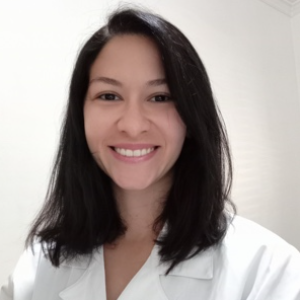Title : NSGA-II-based optimization on the recovery of antioxidant compounds from tangerine peels
Abstract:
The food processing industry, including the processing of fruits and vegetables, generates a large amount of waste, such as peels, seeds, and unused pulps, which can contain many substances of high value and with great economic potential. They are new natural and economical sources of flavorings, dyes, proteins, dietary fibers, antimicrobials, and antioxidants, applied in the food industry as a source of natural food additives.
This study aims to evaluate the bioactive capacity of tangerine (Citrus reticulata) peel extracts and explore its potential as a natural food preservative. Optimized extracts of tangerine peel were obtained by heat-assisted extraction and evaluated in terms of total phenolic content, total flavonoid content, and maximum antioxidant activity. Time, temperature, and solvent (ethanol/water ratio) were the independent variables. Response surface methodology with Genetic Algorithm (RSM-GA) was used to obtain optimized parameters for single-objective extraction, while Non-Dominated Sorting Genetic Algorithm II (NSGA-II) was used for multi-objective optimization. The optimal extract obtained through NSGA-II was evaluated in terms of bioactive capacity. The results show that the antioxidant activity (EC50 = 1.19 mg/mL) and the levels of total phenolic compounds (3.02 mg/mL) and flavonoids (1.949 mg/mL) were maximized simultaneously when extracted in 30.2 minutes, 54.0 °C, and with 38.4% of ethanol content in the solvent. Future studies involve the incorporation of the extract in food products to evaluate its potential as a food preservative.
Audience Take Away:
- The presentation approaches experimental methodologies for evaluating the antioxidant capacity and quantification of phenolic compounds and total flavonoids.
- Single and multi-objective optimization techniques will be covered, namely Response Surface Methodology, Genetic Algorithm and Non-Dominated Sorting Genetic Algorithm II.
- The audience will learn how computational methods can be applied to experimental analysis in food science to improve accuracy, reduce time and costs.
- Techniques applied in this work can be adapted and extended to studies that are being developed by researchers present at the event.



